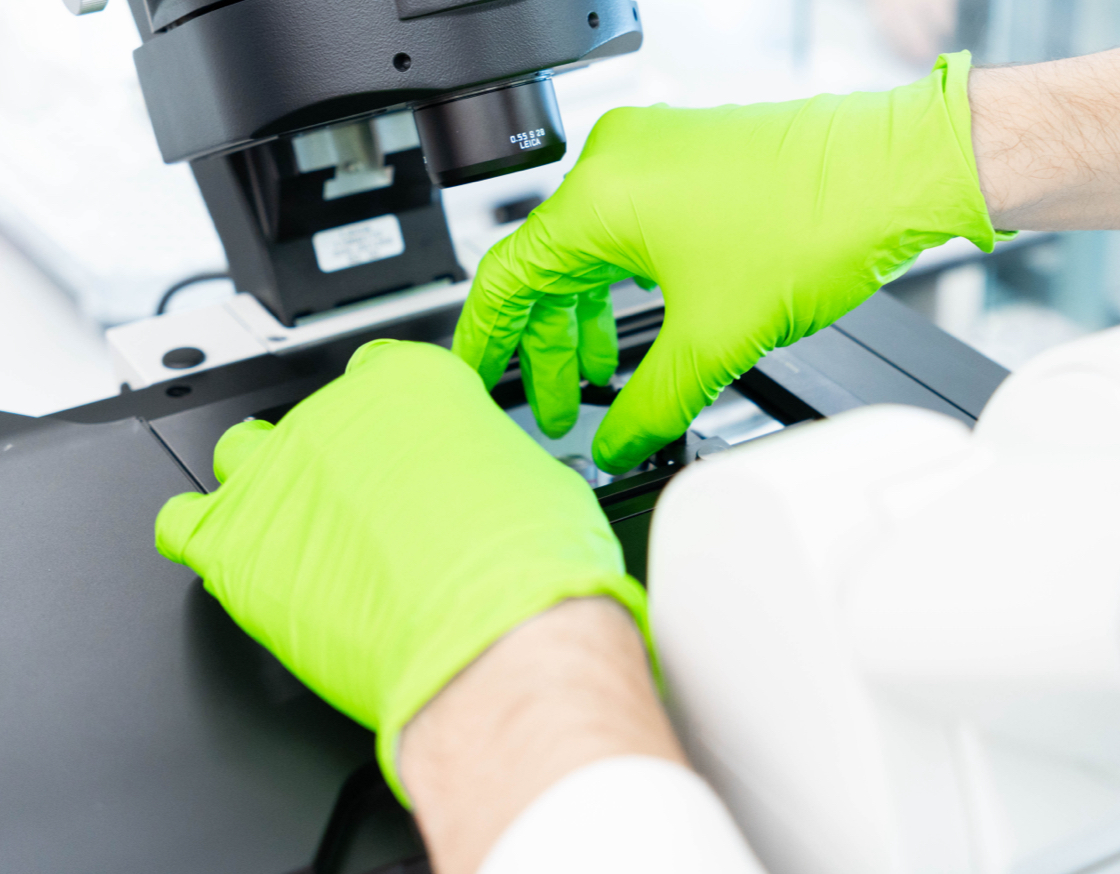CARBYNE
New carbon reactivity rules for molecular editing
Project description
The art of organic synthesis and reaction discovery relies on logic-guided thought processes that often involve hypovalent carbon reactive species and their corresponding stabilised equivalent forms. However, not all of the possible carbon reactive intermediates and their reactivity rules have received the same attention by the synthetic community. Carbyne is a case in point. This is mainly because of the perceived lack of synthetic utility and challenges associated with controlling its extreme reactivity and lack of efficient sources. The EU-funded CARBYNE project is developing novel catalytic pathways for the production of carbyne equivalents and related species, to enhance applications of these unique and promising carbon reactive species in numerous fields.
The major goal of this application is to develop the catalytic generation of conceptually-novel carbyne equivalents and related species, and to study their reactivity towards organic matter. The catalytic activation of designed sources will reveal new reactivity rules at carbon that have been missing, not only in the design and discovery of new chemical reactions, but also in their use to build molecular complexity. Our approach will rely on novel activation modes that unlock elusive and useful tools for molecular editing.

This project has received funding from the European Union’s Horizon 2020 research and innovation programme under grant agreement No 865554.
-
Reference: 865554
-
Call identifier: H2020-ERC-CoG-2019
-
Timeline
01/09/2020 - 28/02/2026
-
ICIQ's Budget
2,000,000 € -
Principal Investigator
Prof. Marcos García Suero
-
Financing agents
ERC Consolidator Grant, Horizon 2020

Let's create a brighter future
Join our team to work with renowned researchers, tackle groundbreaking
projects and contribute to meaningful scientific advancements















